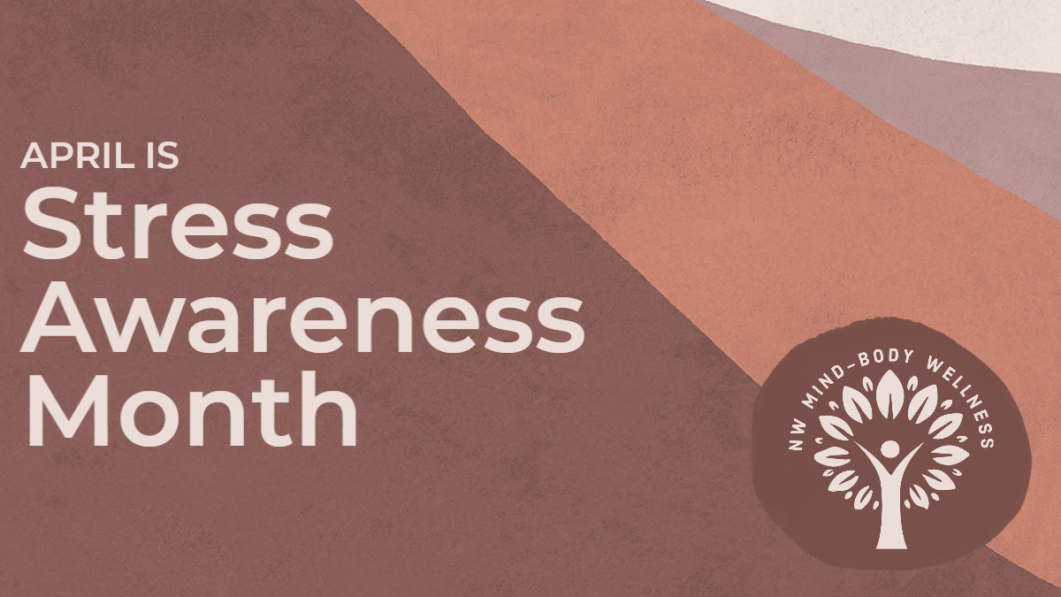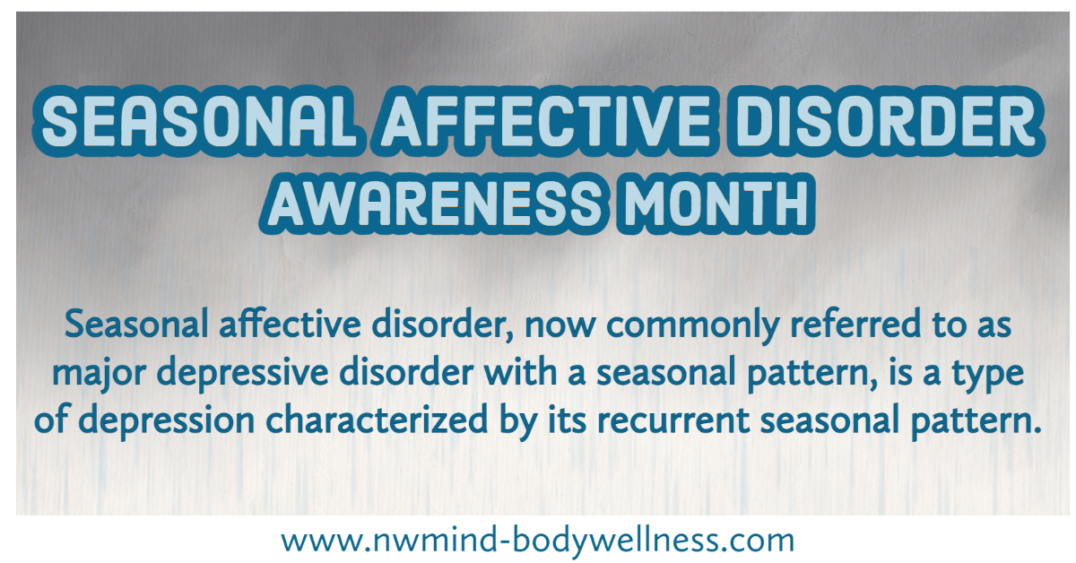Stress Awareness Month
Every April, Stress Awareness Month is recognized. The month aims to bring awareness to the causes and impacts of stress, as well as how to better manage stress and its symptoms.
Everyone encounters periods of stress in life, which is why it is important to understand what stress is and how it affects your overall health. You can help you manage your own stress by gaining a better understanding of stress as a whole.
To learn more about stress, we encourage you to read the following.
Causes of Stress
Stress has a seemingly infinite number of causes. Often, people experience stress from the build up of many small things, rather than one single noteworthy-stressor. Common causes of stress include, but are not limited to:
- Changes to life circumstances
- Finances
- Increased pressure or responsibilities
- Experiencing uncertainty
- Lack of time for yourself
Symptoms of Stress
Stress can affect your entire body, both mentally and physically. Symptoms of stress include but are not limited to:
- Headaches
- Feeling overwhelmed
- Changes in appetite
- Mood swings
- Difficulty sleeping
- Trouble concentrating
Ways to Reduce Stress
Stress management techniques may vary by person but, common helpful steps taken to reduce stress include:
- Manage your time and prioritize the most important tasks. Creating a schedule or to-do list can also be beneficial for time management.
- Practice relaxation methods such as deep breathing and meditation to calm yourself.
- Exercise can help produce stress relieving hormones and improve overall health.
- Accept your needs and recognize what triggers your stress. Identifying what is causing you to feel stressed can help you avoid it when possible, or help you better manage the situation.
RESOURCES
- To learn more about stress and how it may affect you, we recommend contacting your health care provider.
- To read more about stress, the following resources are suggested:
Return to the home page: https://nwmind-bodywellness.com/












